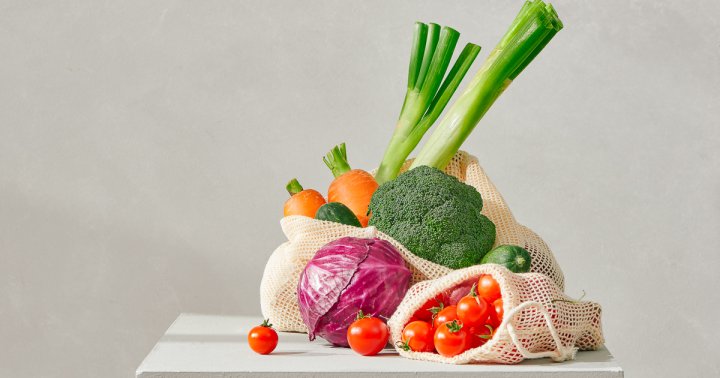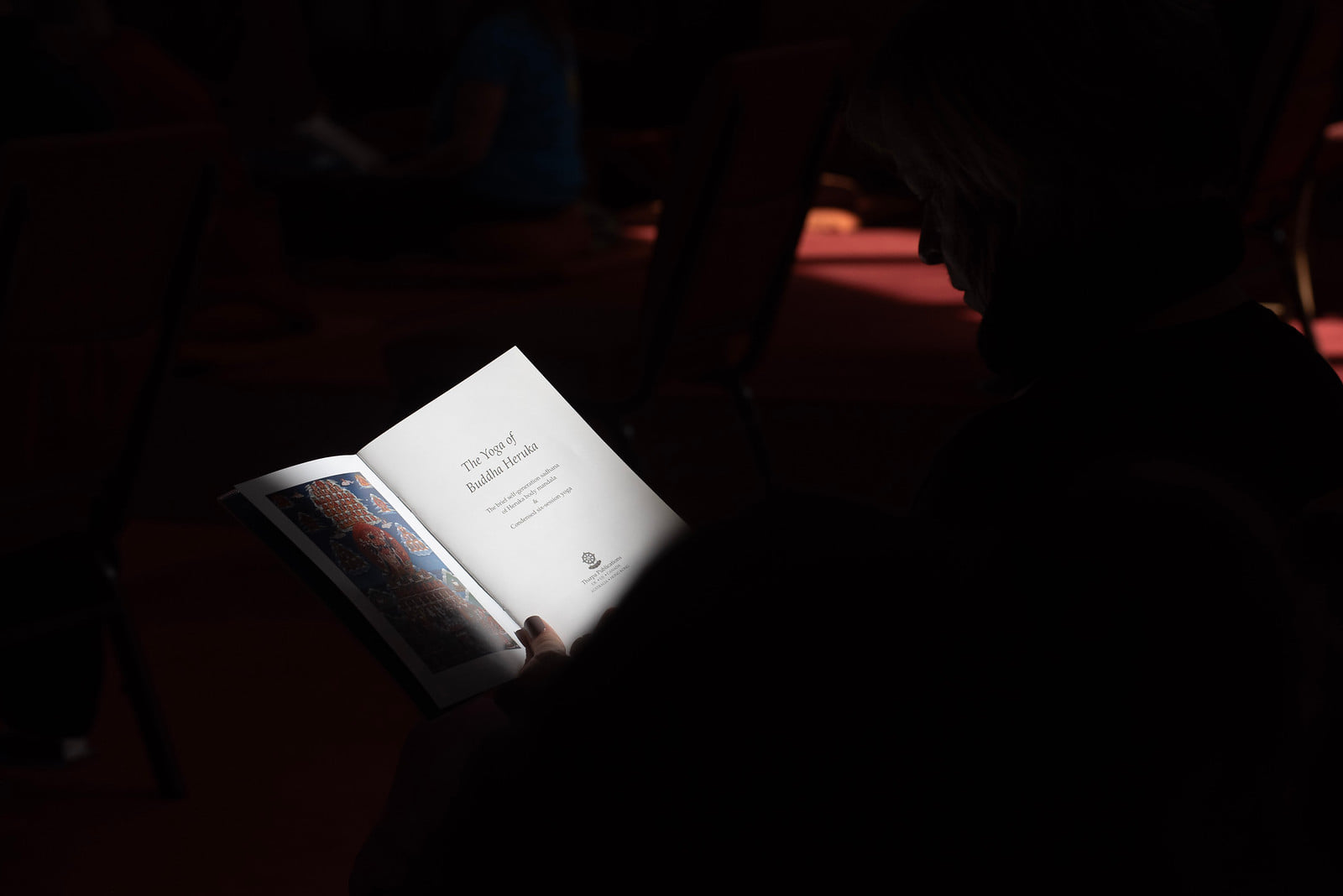A Lot Of Diversity Exists In The Vegan Movement: Why Aren't We Talking About It?
"Now that plant-based eating is becoming more mainstream, it’s important to consider what voices are being heard and elevated."

In her new book The Intersectional Environmentalist: How to Dismantle Systems of Oppression to Protect People + Planet, author and activist Leah Thomas traces the history of conservation through the lens of racial justice and feminism. From there, she shares a vision for a more inclusive and diverse future for the environmental movement. In this excerpt, Thomas highlights why every time we talk about veganism and plant-based eating, it’s essential to center BIPOC experiences and perspectives.
From 2014 to 2017, there was a 600% increase in the U.S. of people identifying as vegans (from 1% to 6%); in the UK over the past decade, a 350% increase; and in Portugal, a 400% increase in the last decade. Global Google Trends search data also shows an increase in veganism searches worldwide, with top locations being Israel, Australia, Canada, Austria, and New Zealand. Research predicts that China’s vegan market will grow more than 17% from 2015 to 2050, and in 2016, the Chinese health ministry guidelines encouraged the nation of over one billion people to reduce its meat consumption by 50% by 2030.
People gravitate toward plant-based, vegetarian, and vegan diets and lifestyles for a variety of reasons. Regardless of individual motivations, plant-based eating is on the rise globally, and there’s no doubt that this trend has positive implications for the environment.
Now that plant-based eating is becoming more mainstream, it’s important to consider what voices are being heard and elevated in this space.
The lack of representation in the vegan movement.
When you google “vegan” or turn to social media to learn more about veganism, representation of people of color is scarce. This trend carries over into documentary and film projects, social media influencers selected for partnerships, and how veganism is represented in education, environmental movements, and media. The lack of representation is concerning and doesn’t reflect reality; communities of color have practiced plant-based lifestyles for centuries, and in the modern day have actually adopted plant-based lifestyles at higher-than-average rates. A Pew Research Center study found that 8% of Black Americans identify as strict vegans or vegetarians, as opposed to 3% of the general population. A 2020 Gallup poll found that people of color in the U.S. reported reducing their meat consumption at a much higher rate than white Americans (31% versus 19%).
When we look globally, the countries with the largest increase of vegetarian populations between 2016 and ’17 are (ranked from highest growth to lowest) Nigeria, Pakistan, Indonesia, the Philippines, Germany, Brazil, Turkey, Kenya, Thailand, and Italy. Many of these countries are in the Global South, although mainstream representation of plant-based diets is largely centered around perspectives from the Global North.
By some estimates, these countries have the most vegetarians overall per capita: India (31 to 42%), Mexico (19%), Brazil (14%), Taiwan (14%), Switzerland (13%), Israel (10.3%), New Zealand (10%), Sweden (10%), Canada (9.4%), U.S. (5 to 8%), and Russia (3 to 4%). Three out of the top five countries are concentrated in the Global South, and while the U.S.’s vegan population is growing, it has a significantly smaller vegan population per capita than the top countries.
This isn’t a competition, but it’s important to take the facts into account when considering which narratives around plant-based lifestyles, reduction of meat consumption, and veganism and vegetarianism are amplified and given a platform.
Imagining a more intersectional future.
When I searched “vegan documentaries” on Google, I found that the top 30 results featured either a white narrator or a primarily white cast.
Most of these documentaries had been made in the U.S. or UK. Some of the stories also felt historically incomplete, with narratives focused on the “newness” of veganism or plant-based living, even though the earliest records of vegetarianism date back to ancient India.
The problem with centering primarily white, wealthy vegan perspectives from the Global North is that this approach fails to acknowledge the pioneers of this practice and their reasons for their choice, and it doesn’t credit these populations with reducing their environmental footprint (for decades and sometimes centuries!). Even if the vegetarianism that dates back to ancient India predates the climate crisis, India’s more than 30% vegetarian population is contributing positively to the health of the environment with this choice. Instead of rebranding solutions from a Western perspective, environmentalists should seek to amplify the cultural practices of BIPOC communities globally and also give them credit for inspiring the ideas for what modern veganism and vegetarianism look like in the first place.
Many BIPOC vegans and vegetarians view veganism not as a single issue driven by animal suffering but as a confluence of several points of identity. While concerns about animal welfare can motivate veganism, there can be other drivers that overlap with identity, which for many can cause a disconnect. For example, if people are driven to practice plant-based eating because of cultural values and religion, their veganism might be closely tied to their cultural identity—especially if they come from a marginalized and historically excluded group. If people are drawn to veganism for ethical reasons or health concerns that are unrelated to cultural identity, they might not consider other pathways to veganism and their value. A driver of veganism can also be the protection of human lives because people are also animals. Thus, advocacy for social justice and the liberation of marginalized people is also related to the protection of animals and the environment.
BIPOC perspectives matter, and these nuances should be explored to advocate for inclusion and equity within the plant-based conversation.
Excerpted from THE INTERSECTIONAL ENVIRONMENTALIST by Leah Thomas. Copyright © 2022 by Leah Thomas. Used with permission of Voracious, an imprint of Little, Brown and Company. New York, NY. All rights reserved.

 BigThink
BigThink 































